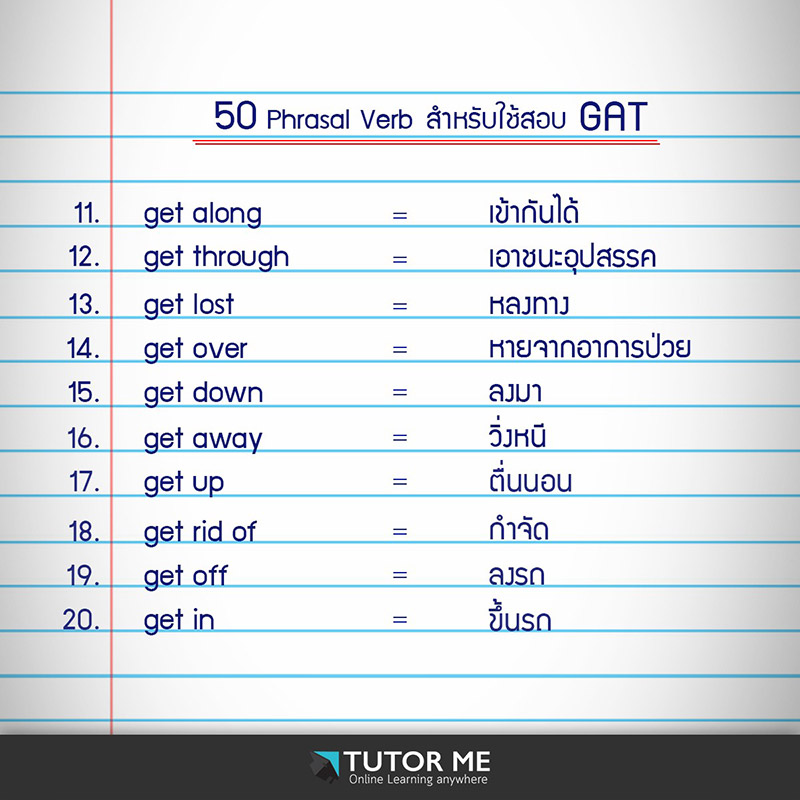
To make promises or threats, or to state decisions at the time of speaking ( Fine, I’ ll call you soon Are you going into town? We ’ll give you a lift I’ ll never speak to you again). To refer to conditional situations, namely things that will or may happen if something else occurs ( if it’s hot I’ ll go swimming later you’ ll get stressed out if you work all the time).

To talk about things that we think are likely or possible to happen in the future, but which aren’t completely certain ( I think she’ ll retire soon he won’t stay married to her for long you ’ll never lose weight, you like food too much). To give or ask for information about the future ( you will be in California tomorrow how long will the journey take? OK, I’ ll write that report on Thursday). Here are the main situations in which the future is used: I shall go he will talk we shall have they will work) is used to refer to things that haven’t yet happened at the present time of speaking, but which are due, expected, or likely to occur in the future.
Show me all verbs how to#
To talk about an event that happened regularly or repeatedly but is now over ( she called for help over and over again we ate out every night last week I phoned him three times today).įind out how to form the past simple tense. To describe a situation that lasted for a longer time in the past but is now finished ( he went to college for four years my family lived in Oxford in the 1980s I loved her for ages but never told her). To refer to an event or situation which happened once and is now finished ( I met Lisa yesterday we ate a huge breakfast this morning they walked ten miles that day you told me that before). As its description implies, it’s used to talk about things or situations which happened in the past, that is, before the present time of speaking. I was, he talked, we had, they worked) is also called the past simple or simple past. I'll make us some coffee when we get home).įind out how to form the present simple tense. To refer to a future situation in certain cases and in some subordinate clauses ( the bus arrives in London at 6 p.m. To talk about something that exists or happens regularly ( she goes out every Saturday night it always rains here in winter I start work at 7.30 a.m. To describe things that are currently happening or that are currently or always the case ( I love chocolate ice cream my parents are in New York this week he has fair hair and blue eyes some birds eat worms and insects). I am, she works, we swim, they believe) is also called the present simple or simple present.

In English, there are three main tenses: the present, the past, and the future. The tense of a verb tells you when a person did something or when something existed or happened.


 0 kommentar(er)
0 kommentar(er)
